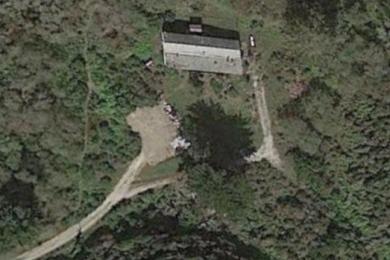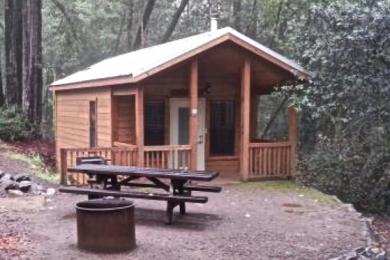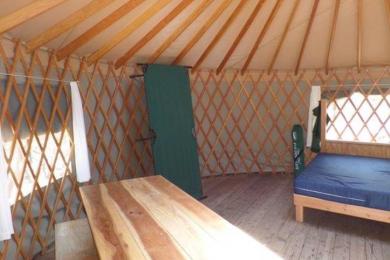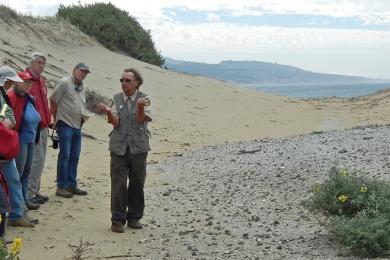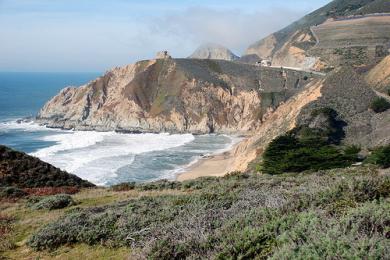Green Valley Feasibility Study
CSPA applied for and received a $20,000 grant from the California State Parks Foundation to fund a feasibility study for a proposed campground. Actually building a campground, if it is approved, would tap an existing “low-cost coastside accommodations” fund of approximately $300,000 that California State Parks received when the state granted permission for a large hotel to be built on the coast.
Inexpensive overnight facilities along California’s Coastal Trail are in demand. A new segment of the trail that would join the southern end of the Devil’s Slide Trail to Gray Whale Cove State Beach has been proposed and is currently under study. The trail’s route snakes through public land owned variously by federal, state, and county agencies. This proposed hike-bike-equestrian trail passes a level site in Green Valley that has potential to accommodate a small campground. The site lies in the McNee Ranch unit of Montara State Beach.
The feasibility study considered primitive campsites with minimal facilities for sleeping bags and tents to more fully developed sites with permanent structures, such as small pre-fabricated cabins or yurts. Costs of the options were estimated both for annual operation of the campground and, with an eye for remaining within the available $300,000 sum, for construction.
The site has an existing structure that was built circa WW2 in a style similar to a small army barracks. The state has not yet ruled whether the structure has sufficient (or, indeed, any) historical significance that it should be preserved. Further developments await that ruling.


